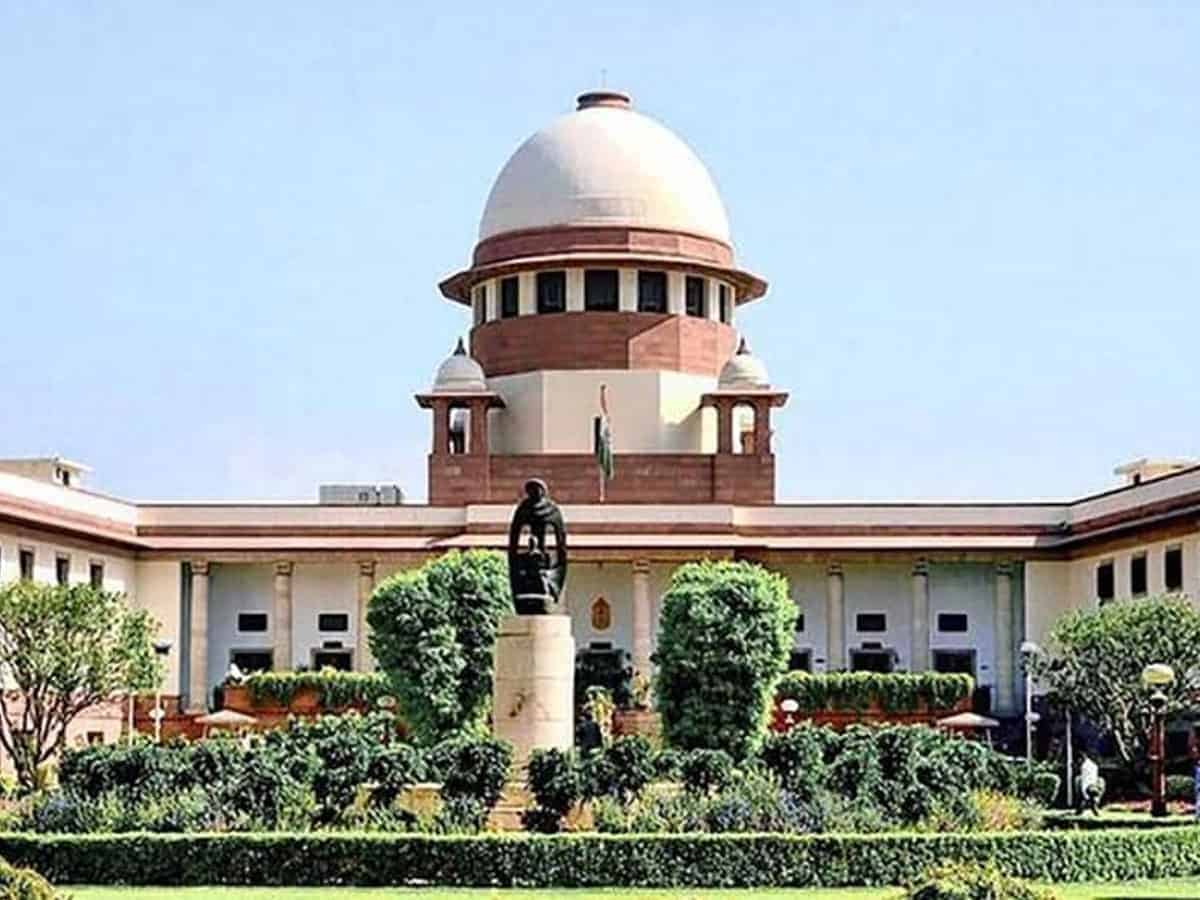
New Delhi: Supreme Court on Thursday reserved its judgment on a batch of petitions challenging Tamil Nadu and Maharashtra governments’ laws allowing the bull-taming sport “Jallikattu” and bullock cart races.
The top court had earlier said that the petitions challenging the Prevention of Cruelty to Animals (Tamil Nadu Amendment) Act, 2017, needed to be decided by a larger bench since they involved substantial questions relating to the interpretation of the Constitution.
It had said that a larger bench would decide whether states have the “legislative competence” to make such laws on grounds, including that Jallikattu and bullock cart racing fell under the cultural rights enshrined under Article 29 (1) and can be protected constitutionally.
A five-judge Constitution bench of Justices KM Joseph, Ajay Rastogi, Aniruddha Bose, Hrishikesh Roy and CT Ravikumar was informed by senior advocate Rakesh Dwivedi, appearing for Tamil Nadu, that countries like Peru, Columbia and Spain consider bullfighting a part of their cultural heritage.
Tamil Nadu and Maharashtra had amended the central law, the Prevention of Cruelty to Animals Act, 1960, and allowed Jallikattu and bullock cart racing, respectively.
The petitions were filed in the top court challenging the state laws.
A batch of petitions, led by People for Ethical Treatment of Animals (PETA), sought direction to quash the Jallikattu law passed by the Tamil Nadu Legislative Assembly, which brought bulls back into the fold of “performing animals”.
PETA had challenged the Prevention of Cruelty to Animals (Tamil Nadu Amendment) Bill 2017 passed by the state assembly on several grounds, including that it circumvented the apex court verdict holding the bull-taming sport as “illegal” in the state.
The top court had dismissed the Tamil Nadu government’s plea seeking a review of the 2014 judgment banning the use of bulls for Jallikattu events in the state and bullock cart races across the country.
Jallikattu is conducted during the Pongal festival as thanksgiving for a good harvest and subsequent festivals are conducted in temples which shows that the event has great cultural and spiritual significance, it had added.
In February 2018, the Supreme Court referred to the Constitution bench whether the people of Tamil Nadu and Maharashtra can conserve Jallikattu and bullock-cart races as their cultural right and demand their protection under Article 29 (1) of the Constitution.
The top court had earlier said that the petitions challenging the Prevention of Cruelty to Animals (Tamil Nadu Amendment) Act, 2017, needed to be decided by a larger bench since they involved substantial questions relating to the interpretation of the Constitution.
It had said that a larger bench would decide whether states have the “legislative competence” to make such laws on grounds, including that Jallikattu and bullock cart racing fell under the cultural rights enshrined under Article 29 (1) and can be protected constitutionally.



